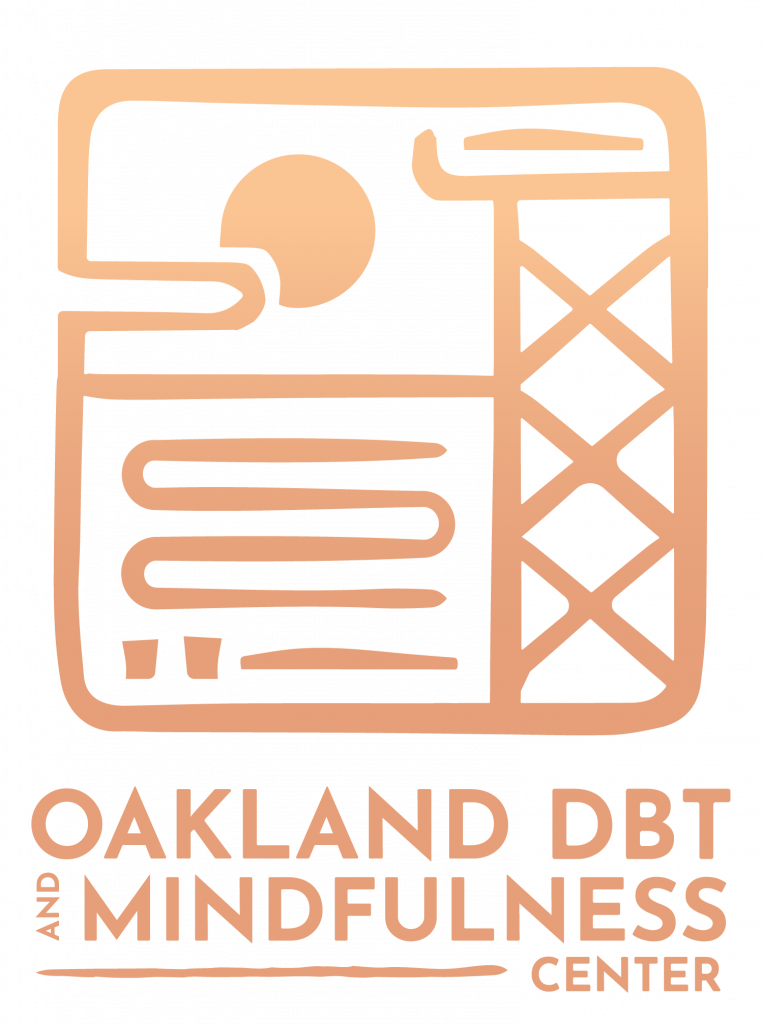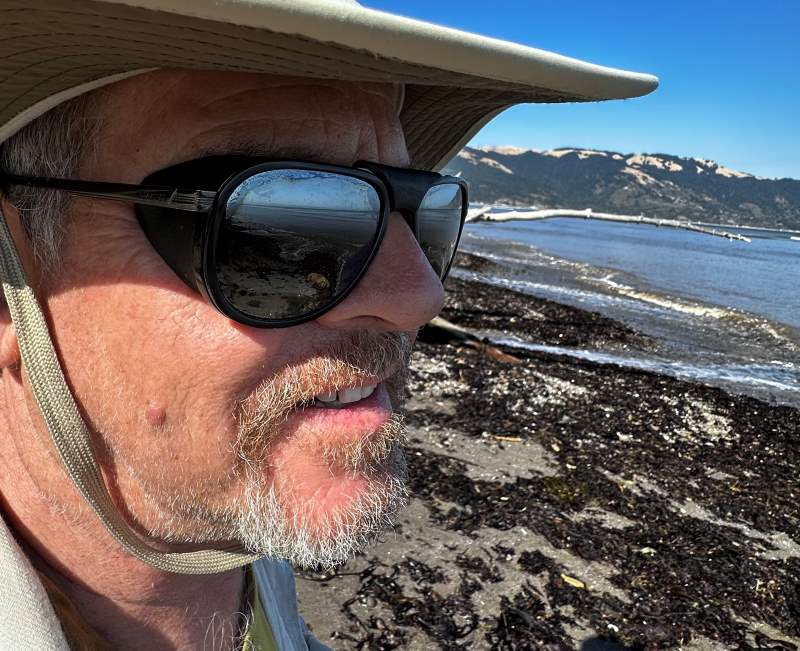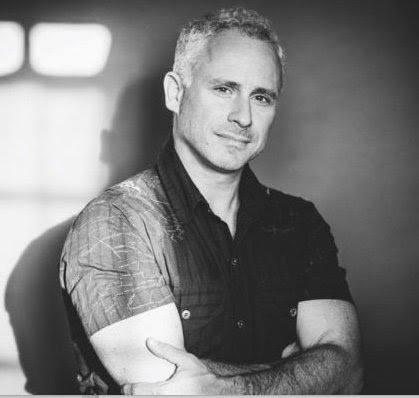Peeking under the bandage willfully, trying to speed up healing
When it comes to bandages, there are two types of people. There are those who peek underneath the bandage every chance they get to see if the wound is healing, and there are those who leave it on as long as they can, only to find later, after they’ve done and thought about many other things, the wound has healed on its own. Staring at the wound won’t make it heal any faster, and yet, it’s really difficult for most of us to trust in the process the body knows how to do on its own.
The same goes for our emotions. When we feel a certain way, it’s often difficult for us to trust in the natural physiological response to our emotions, which is to let a particular emotion run its course, which studies have shown is about 90 seconds to two minutes (lifespan of an emotion). Instead, we feel an emotion coming on, and we want to do something to change it, to interrupt it or chide ourselves for feeling a certain way in the first place. This is the equivalent to lifting up the edges of the bandage every ten minutes, to see if the wound has yet healed.
If we leave the emotion alone, which means if we acknowledge it and then do something else, before we know it, we will begin to feel differently. Emotions stick around because we ruminate on them, never letting them finish out their natural cycle. We interrupt them, try to deny them, and so the brain begins to think, “Wow, if I hadn’t stopped that feeling, who knows how bad it would have gotten!”
We can train our brains to trust in the natural, relatively short cycle of our emotions, so as to move through them with more awareness, which leads to a better sense of control.
One way to do this is to use observe the emotion, then instead of acting on it, use the DBT Distress Tolerance skills instead. With Wise Mind ACCEPTS, you can turn to Activities you like to do, maybe reading, biking, going for a hike. You can contribute to a community activity like cleaning a park, or volunteering at a shelter. You can focus on other Thoughts, such as practicing conjugating verbs in a foreign language, or saying the alphabet backwards.
Likewise, you can turn to the DBT IMPROVE the Moment skills, using Imagery, engaging in Meaning, Prayer, Relaxation, doing One thing at a time mindfully, taking a mini Vacation, or Encouraging yourself by cheerleading yourself through, “I feel lousy now, but I can get through this. I felt bad two days ago, but yesterday was much better. Emotions will come and go.”
Maybe today you’ll put a small Band-Aid on your hand to remind yourself, “I am not going to lift this bandage and peek underneath all day because I can’t force healing, nor can I force my emotions to be something other than what they are.” Healing takes time and patience, and in many cases, Radical Acceptance of what is. By learning to trust in our bodies to heal what needs healing, emotionally, physically, and mentally, one day we will lift the bandage, only to find that I’d forgotten about the wound altogether.












